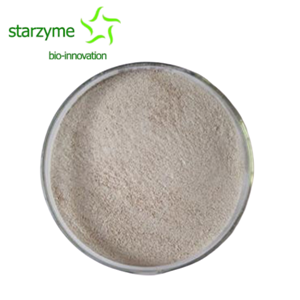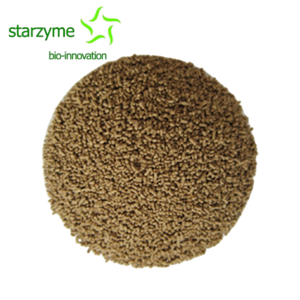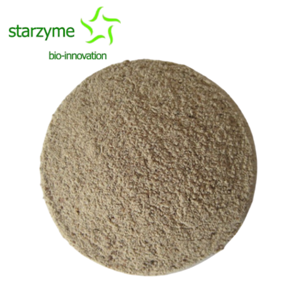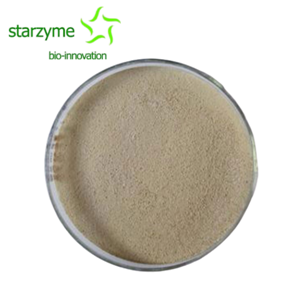Biological Science of Bacillus subtilis
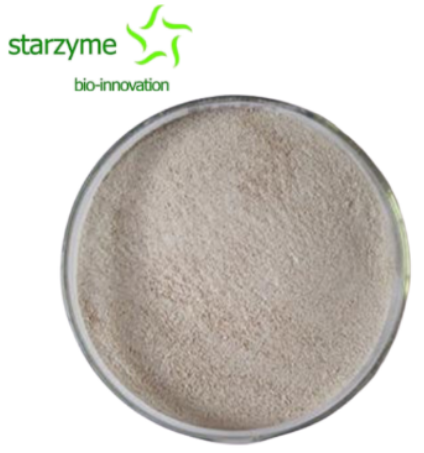
After entering the human body, Bacillus subtilis can reach the large and small intestines 100%, inhibit pathogenic bacteria, and promote the growth of beneficial anaerobic bacteria. Furthermore, Bacillus subtilis produces organic acids such as lactic acid, and reduces the pH value of the intestine. This indirectly inhibits the growth of other pathogenic bacteria, which not only improves the overall health of the gut, but increases the body's resistance to foreign pathogens, strengthening its immune system from disease. Bacillus subtilis achieves this by raising the level of immunoglobulins and antibodies, which in turn enhances cellular, humoral, and group immunity.
Bacillus subtilis not only works well with other probiotics, but it works extremely well with enzymes as well. It can synthesize enzymes such as α-amylase, protease, lipase, cellulase, etc., and work together with digestive enzymes in the animal body (human body) in the digestive tract. They complement each other, as the combination of Bacillus subtilis and enzymes such as protease is very effective for many applications in Animal Husbandry.

